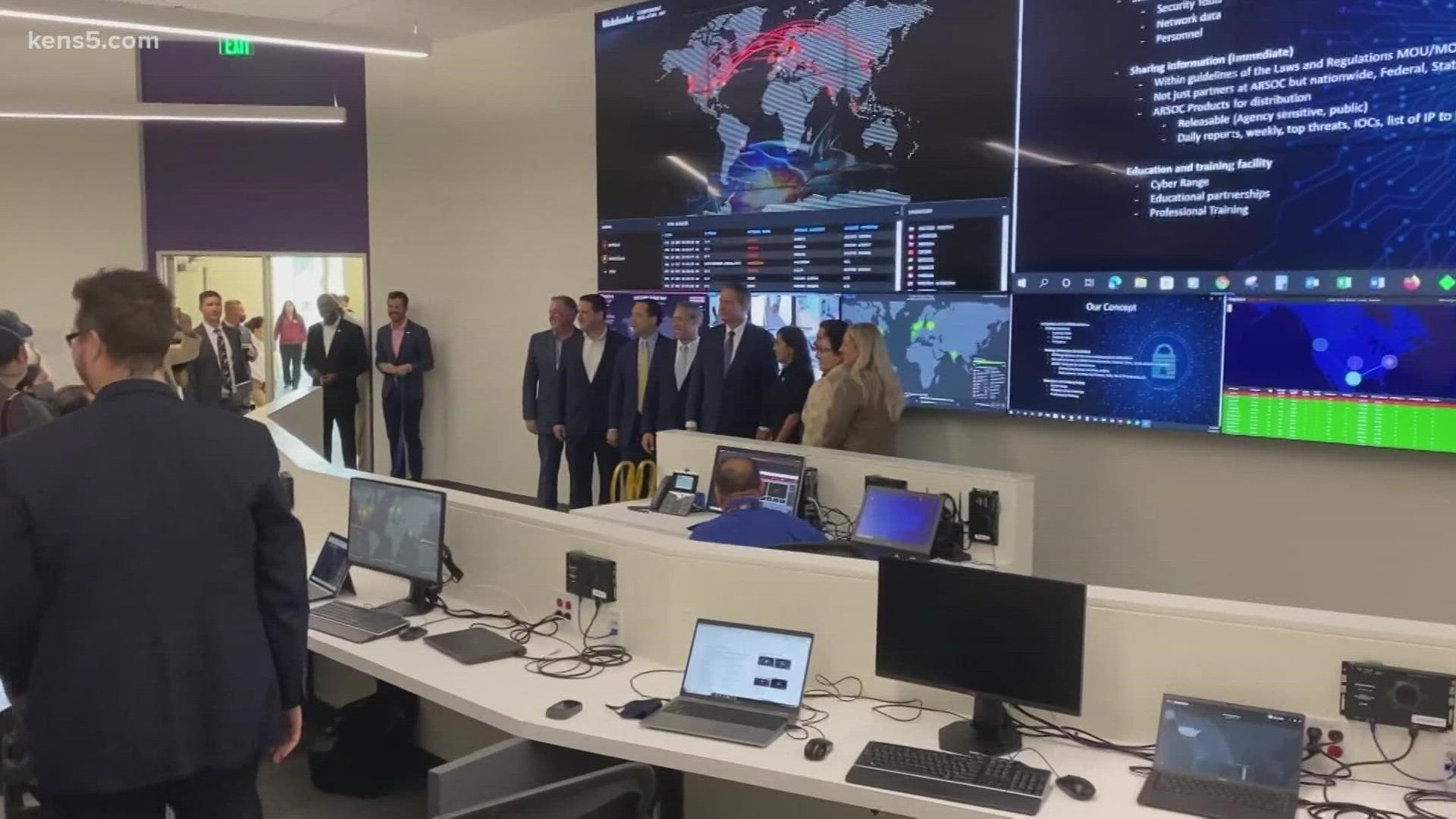SAN ANTONIO — With the Russia full-scale invasion comes the threat of cyber attacks, experts say.
Ukrainian leaders announced their country's largest bank and multiple government agencies have been targeted.
The FBI and Homeland Security warned law enforcement and the military to brace for impacts here at home.
KENS 5 learned more about the response in Military City USA.
"When cyber weapons are used, they can proliferate across the internet. We saw that with the Russian cyber attacks of Ukraine in 2017. The malware had damage across the globe," said Guy Walsh, Executive Director of the National Security Collaboration Center at UTSA.
The Alamo City is home to one of the world's largest populations of cybersecurity experts.
"Very particularly, here in San Antonio with JBSA, you've got the 16th Air Force that provides worldwide protection under the United States Cyber Command," said Walsh.
San Antonio is also home to NSA Texas, who looks at threats we face from foreign adversaries. These threats include Russian cyber attacks that experts say are already impacting our military and intelligence communities.
"With our intel communities and our DOD communities making sure we are secure and looking at those worse cases if there's a proliferation or there continues to be an escalation," Walsh explained.
For everyone else at home, is it imperative we change all our passwords? Walsh says not necessarily.
"If you're already using strong passwords, that's part of your overall security practices you have," he explained. "That's one of about a dozen."
Patching your networks, avoiding public WiFi and setting up firewalls or antivirus software will also add an extra layer of protection. The FBI published tips for protecting your computer, the risk of peer-to-peer systems, the latest e-scams and warnings and internet fraud schemes here.
Another important cyber element: misinformation on social media. Walsh says when reading news about the invasion online, try to avoid falling for misinformation. You can make sure what you're seeing is real by verifying it's from a reputable source.
"We're talking major broadcast networks," he said. "If you're getting your news from TikTok...you're probably in the wrong place."
Experts also recommend, if you're a small business, look at joining what's called an Information Sharing and Analysis Organization (TxISAO). Their goal is to share information about cybersecurity threats, best practices to stay safe and ways to repair or reverse an attack should it impact your business.
Additionally, Walsh recommends community partnerships. For example, UTSA, which has a strong cyber security program, is working with non-profits across San Antonio to help them stay secure in the cyber world.

